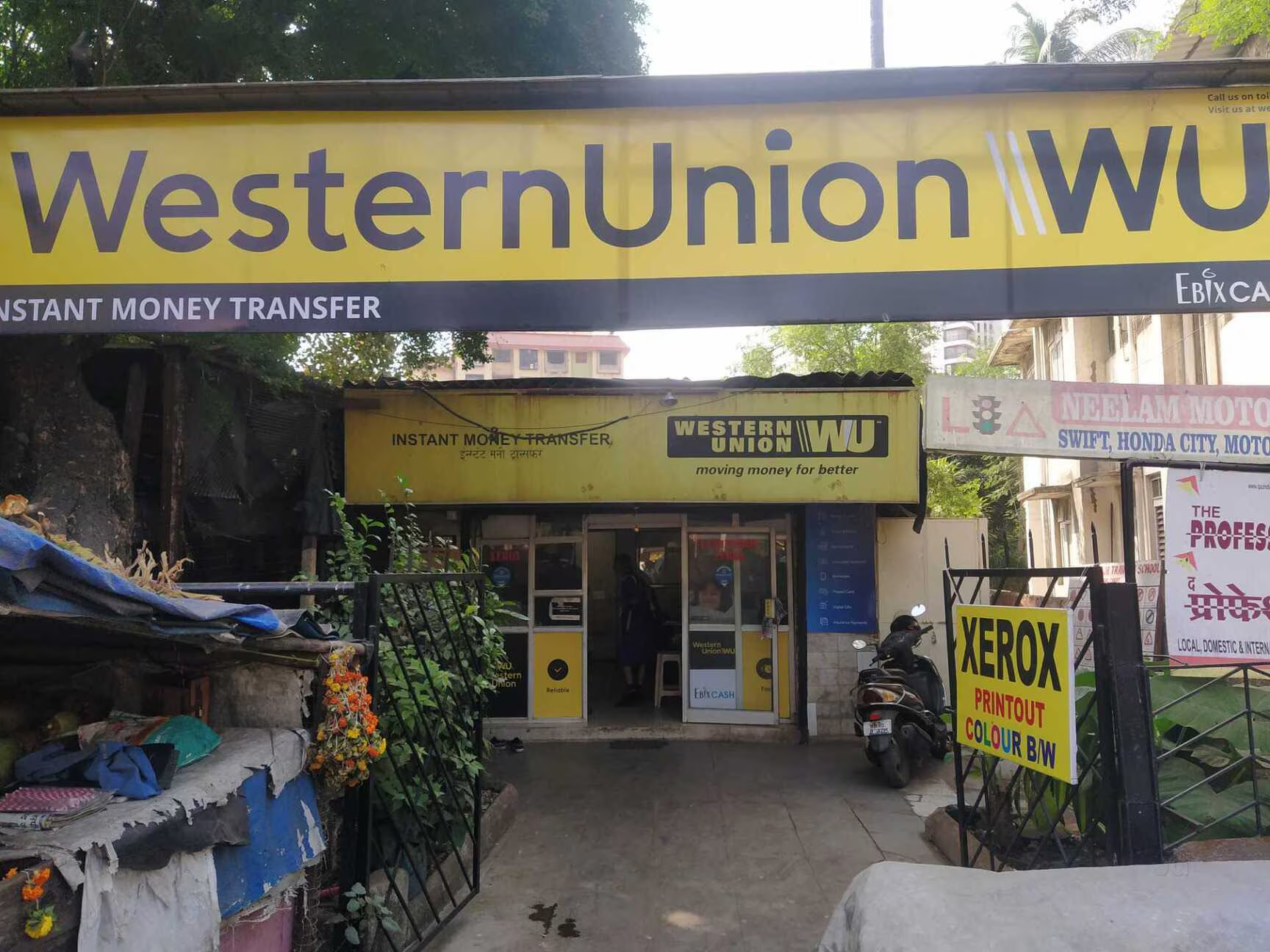Western Union has been a prominent player in the global money transfer market for over 160 years, facilitating international transactions for individuals and businesses alike. In India, it offers a convenient way for people to send money abroad, supporting various needs such as education, medical expenses, and family support. This analysis explores the facilities available for Indians to send money abroad through Western Union, including the process, limits, advantages, and potential drawbacks.
How to Send Money Abroad with Western Union:
Western Union provides several options for sending money abroad from India, catering to different preferences and requirements:
- Online Transfers: Users can register for a free Western Union profile, log in, and initiate a transfer online. This method requires the sender to enter the recipient’s details, including bank account information and the amount to be transferred.
- In-person Transfers: Customers can visit any of the numerous Western Union agent locations across India to send money. This traditional method involves filling out a form, providing identification, and paying in cash or using a debit card.
- Bank Account Transfers: Funds can be sent directly to a recipient’s bank account, a preferred method for many due to its convenience and security.
Limits and Regulations:
Western Union adheres to regulatory requirements set by the Reserve Bank of India (RBI) regarding outward remittances. The following are key limits for sending money from India:
- For Education Purposes: Up to $10,000 per transaction.
- For Other Purposes: Up to $5,000 per transaction for uses such as medical expenses or exam fees.
- Annual Limit: The total annual remittance limit is $250,000 per financial year (April 1 to March 31), covering all types of outward transactions.
Fees and Exchange Rates:
The fees for transferring money through Western Union vary depending on the destination, transfer amount, and chosen method. Online transfers generally offer more competitive rates and may have lower fees compared to in-person transactions. The exact fee is disclosed at the time of the transaction, and the exchange rate applied is also dynamic, reflecting current market conditions.
Pros of Using Western Union:
- Global Reach: Western Union operates in over 200 countries and territories, making it a viable option for transferring money almost anywhere in the world.
- Multiple Transfer Options: The flexibility of online, in-person, and bank account transfers allows customers to choose the method that best suits their needs.
- Speed and Convenience: Many transfers, especially those done online or to a bank account, can be completed within minutes, making it ideal for urgent remittances.
- Security: Western Union employs robust security measures, including encryption and anti-fraud protocols, to ensure the safety of funds and personal information.
Cons of Using Western Union:
- Fees: While competitive, the fees for some transfers can be relatively high compared to other digital remittance services, especially for smaller amounts.
- Exchange Rate Margins: The exchange rates offered by Western Union may include a margin over the interbank rate, potentially making transfers more expensive than using specialized forex services.
- Regulatory Limits: The caps on transaction amounts, particularly for non-educational purposes, may be restrictive for individuals looking to send larger sums for business or investment.
Conclusion:
Western Union offers a reliable and widely accessible platform for Indians to send money abroad, backed by a strong global network and compliance with local regulations. While it provides multiple options for convenience and speed, users should be aware of the fees, exchange rate margins, and transaction limits that may apply. Understanding these aspects will help users make informed decisions when choosing Western Union for their international remittance needs.





